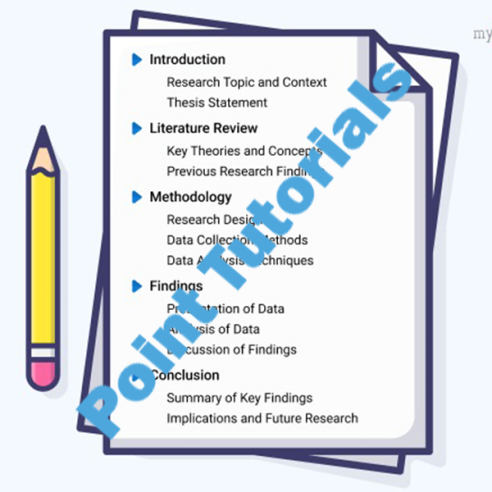
Nurs FPX 4040 Assessment 3
In Stock
Artificial Intelligence in Patient Care
I chose “Artificial Intelligence” as the technological topic due to its rising popularity and possible effects on healthcare. The creation of computer systems capable of tasks that generally require human intelligence, such as speech recognition, visual perception, decision-making, and problem-solving, is known as artificial intelligence. Ben-Israel et al. (2020) found that AI can completely transform illness management, diagnosis, and patient care in the healthcare field. According to Chen et al. (2020), AI has attracted attention because of its capacity to process and analyze enormous volumes of data, spot patterns, and produce insights that can help medical personnel make more precise diagnoses, forecast outcomes, and offer tailored treatment suggestions. I’m passionate about AI technology and know how it can significantly improve patient outcomes, healthcare delivery, and resource efficiency.
I used a thorough research procedure to compile credible sources in favor of the application of AI in healthcare. While finding scholarly publications, research papers, and reliable sources linked to the chosen technology issue, I entailed choosing pertinent databases and using the correct search phrases. I used the following databases: PubMed, a well-known and dependable database for biomedical literature, and Google Scholar, a comprehensive search engine for academic literature, conference papers, theses, and dissertations. Additionally, I used search terms to find pertinent documents about the application of AI in healthcare. Among the search phrases I used were artificial intelligence in healthcare, machine learning in patient care, AI applications in clinical practice, predictive analytics in medicine, and natural language processing in healthcare. Peer-reviewed articles, conference papers, and reliable institutional reports were among the materials accessed using a methodical approach and the correct search terms in the chosen databases.
Annotations
Barrett, M., Boyne, J., Brandts, J., Brunner-La Rocca, H.-P., De Maesschalck, L., De Wit, K., Dixon, L., Eurlings, C., Fitzsimons, D., Golubnitschaja, O., Hageman, A., Heemskerk, F., Hintzen, A., Helms, T. M., Hill, L., Hoedemakers, T., Marx, N., McDonald, K., Mertens, M., & Müller-Wieland, D. (2019). Artificial intelligence supported patient self-care in chronic heart failure: a paradigm shift from reactive to predictive, preventive and personalised care. The EPMA Journal, 10(4), 445–464. https://doi.org/10.1007/s13167-019-00188-9
The application of artificial intelligence (AI) to support patient self-care in chronic heart failure is the main topic of this research paper. It examines how AI technology shifts the paradigm from reactive to predictive, preventive, and personalized care. The article highlights how patient empowerment through AI can potentially revolutionize the treatment of chronic heart failure. To enhance patient outcomes
Price:$30.00
Category: List of Solutions
